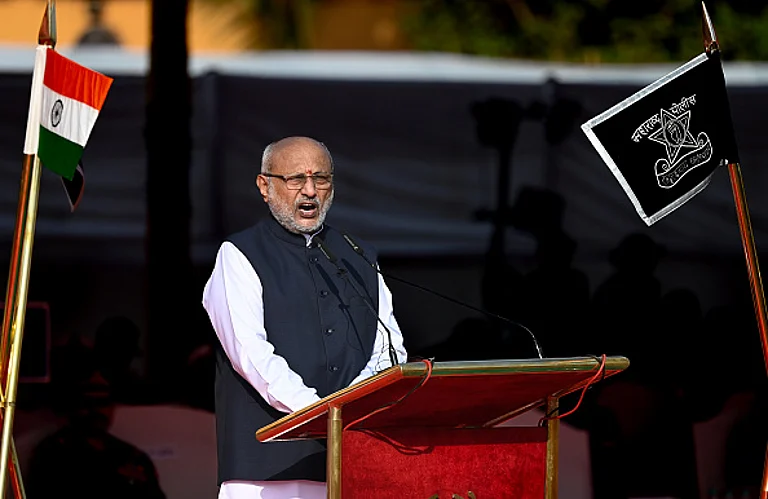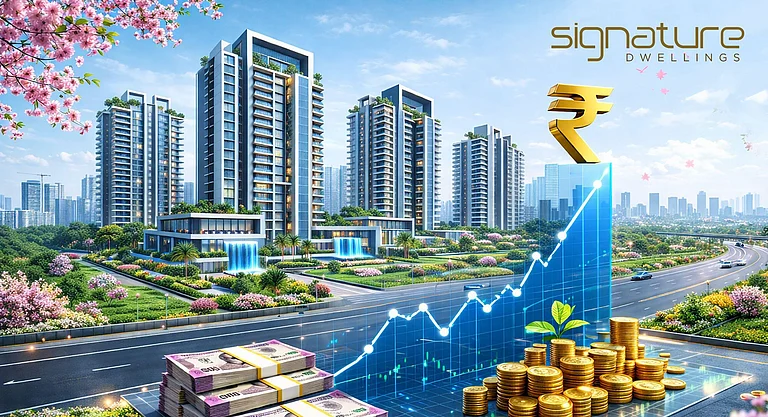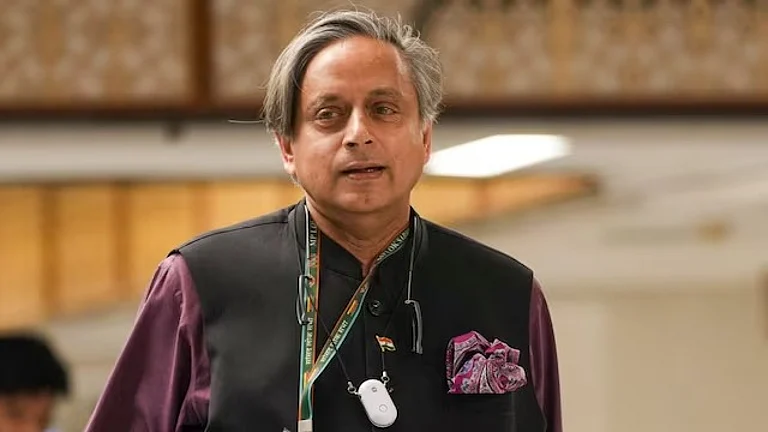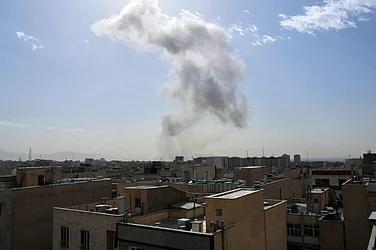External Affairs Minister S Jaishankar has said the recent developments in the Red Sea reflected the fragility of existing connectivity link and it reinforced the need to create multiple transport corridors with in-built resilience.
EAM Jaishankar highlighted India's deepening relations with Europe and said the ambitious India-Middle East-Europe Economic Corridor (IMEC) would create significant opportunities for global economic growth at the CII-organised conference on 'India and Europe: Partners in Growth and Sustainability'.
He also emphasized the need for creating different connectivity corridors.
He said the fragility of the existing routes were not clear when the IMEC initiative was unveiled in September last.
"When this (IMEC) understanding in principle was reached last September on the sidelines of the G20, perhaps all of us were not adequately cognisant of the fragility of existing connectivity," Jaishankar said.
"Recent events in the Red Sea in the Gulf of Aden have reminded us of that," he said.
There have been mounting global concerns over Houthi militants attacking various cargo vessels in the Red Sea and other strategic waterways in the region apparently in response to Israel's military offensive in Gaza.
"The need today is to create multiple supporting corridors of connectivity. Different ones with their own in-built resilience is something which is vital. It is vital because at either end of this, you actually have two big production and consumption centres -- Europe and India," Jaishankar said.
The IMEC is seen as an initiative by like-minded nations to gain strategic influence in the face of China's Belt and Road Initiative (BRI) that has faced increasing criticism over lack of transparency and disregard for sovereignty of the nations.
He said the IMEC is not the only corridor and there are others as well.
"There is a longer one which is being worked through Iran. But I also want to mention some other potential connectivity channels which would be of long-term interest to India and Europe," he said.
Jaishankar cited the India-Myanmar-Thailand trilateral highway project saying it can complement larger connectivity projects.
The external affairs minister also talked about the "polar route".
"There is today a serious assumption that the polar route could actually open up a different logistical pathway between India and Europe which would go through the Indo-Pacific," he said.
Jaishankar also showcased the strength of the Indian economy and its future trajectory.
"Part of the reason why we need a much smoother interface between our economies is that it is important for the European Union to prepare for the India that is to come," he said.
"And what is the India which is to come. Today India has a GDP of 3.75 trillion dollars," he said, adding the GDP by the end of the decade would be 7.3 trillion dollars.
"By the year we are in the 100th year of our independence, it is estimated at USD 30 trillion and according to Goldman Sachs, by 2075 we would be at USD 52.5 trillion," he said.
"So that is an arithmetical way of saying that India would be an increasingly significant economy, the second largest by 2075 and certainly the third largest by end of this decade in national terms and that is something which the European Union has to take into account," Jaishankar said.
He said there are six broad elements that drive the world economy -- production and consumption, connectivity and logistics, technology, demographics, values and comforts, and architecture or framework to do business.
"In a digital age, we all appreciate the importance of trust and transparency, this is the age of AI, it is the age of electric vehicles, it is the age of critical and emerging technologies, of space and of smart cities and smart technologies," he said.
"We see this reflected in our daily lives, in the economic developments that surround us, and certainly a lot of what we are doing, we believe today that there are opportunities for European companies," the minister added.
Speaking about human skilling and mobility, Jaishankar said, "We have in the last few years concluded a number of agreements on mobility with our European partners and the plus point of these agreements are that one, they promote legal movement and two, they promote movement of certain skill sets."
"So, it is something that fits in very neatly with the consumer requirement at the other end as well."
He also underlined the importance of concluding free trade agreements with European Union and EFTA.
"It is important because you can already see that our trade levels have been growing steadily, but there is a well-founded realisation that we need a more positive framework to accelerate it," he noted.


























